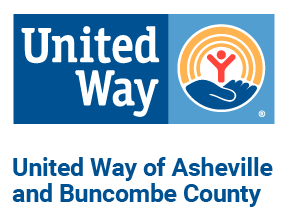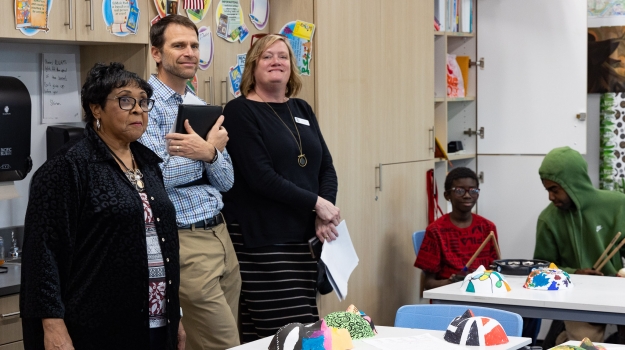Getting at Results
In the past 15 years or so, there has been a significant push to get social programs to measure their results. United Way, Urban Institute, Harvard Family Research Project along with the General Accounting Office of the US Government and many others developed training and resources to assist nonprofits, federal agencies and other groups in determining if their programs actually worked for the people they served. And over the years it filtered down to community programs through local United Ways, local government and local foundations. The basic questions asked by funders, taxpayers, and clients themselves are “Does this program work?” And while it’s a hard question for some programs to answer, it is a fair question that deserves a response.
Effective Education
The field of education has worked even longer and harder to identify what works in teaching. There have been studies, analyses, testing of methods, and lots of experiments, all yielding an array of conclusions. There does seem to be a theme around three things that lead to young people learning: a passionate, knowledgeable teacher, a small group of students, and a variety of teaching tools. So if a classroom has those things, shouldn’t all the students succeed in learning?
Testing for Results
How we know whether students are getting the skills and information they need is at the heart of debates occurring around the country. And I don’t propose to have the answers, but here are some of the concerns:
- Design of tests – Are they biased for and against certain sets of students? Do they presume the students have some skill outside of what is taught in the classroom?
- Weight of tests – Are they the only basis for determining if a student understands a subject? Is the ability to mark an answer sheet for multiple choice questions the best determiner of new knowledge or comprehension? Do you know someone who tests poorly but is a bright, skilled student? Teachers all over the country say they see those very students in their classrooms.
- Pressure of tests – How much is at stake in test results for a class? A teacher’s salary? A school’s rating? A student’s progression to the next grade? All of these create significant stress on the institution, staff and students. And stress doesn’t help teachers prepare students for testing or kids doing well on tests.
- Teaching to the test – Is creativity sacrificed in teaching when memorizing the right answers becomes the focus? Does the ability to regurgitate answers in a rigidly timed test overpower the ability to experiment, consider and develop a variety of responses? What is lost in the classroom when the focus is test prep?
- Standardizing the test – How critical is it that all students in the country learn exactly the same things? Is that an indicator of a successful country? Is there room for different knowledge and skills across states, school districts or students?
A recent blog in Education Weekly references a survey that includes input from Buncombe County teachers and captures teachers’ thoughts on testing: Survey: N.C. Teachers Say High-Stakes Tests Dominate Classes. Check out the survey here.
Testing in human services as a way to assess knowledge and skills is of limited value. The same is true for education. Observation of someone applying knowledge and skill is stronger.
We owe the children in this country the best education possible. But so far public education has not been able to consistently capture its results. That is the challenge they face. And because the quality of our public education impacts each of us as parents, neighbors, youth, relatives, employees, employers, and taxpayers, we need to understand what works in measuring success of our children.
Action Steps
North Carolina is implementing a new curriculum and testing plan. Learn about it and watch it. Share your thoughts with local and state education officials.


